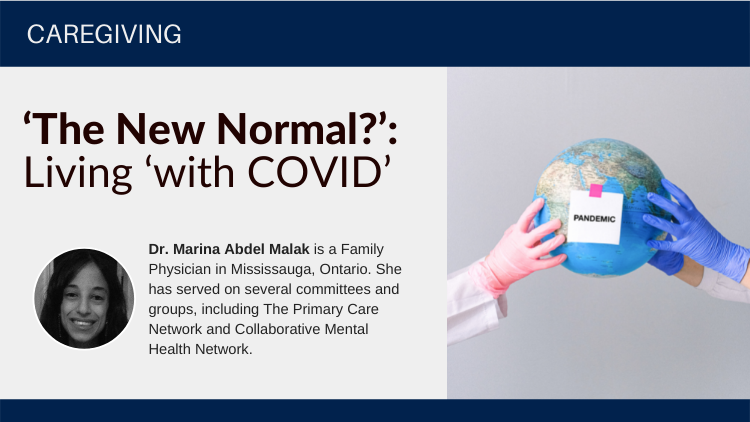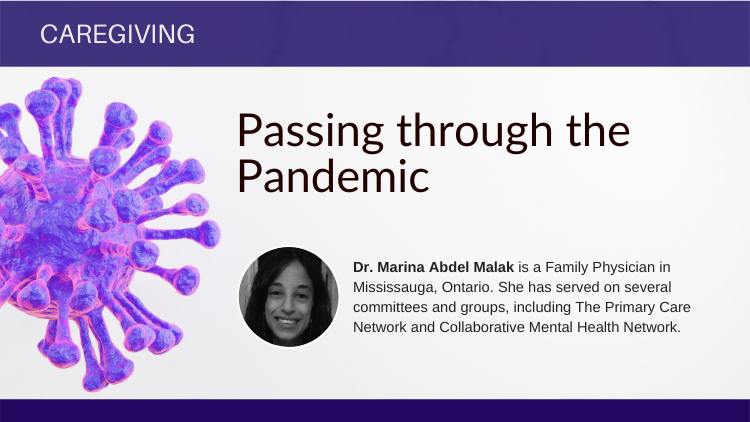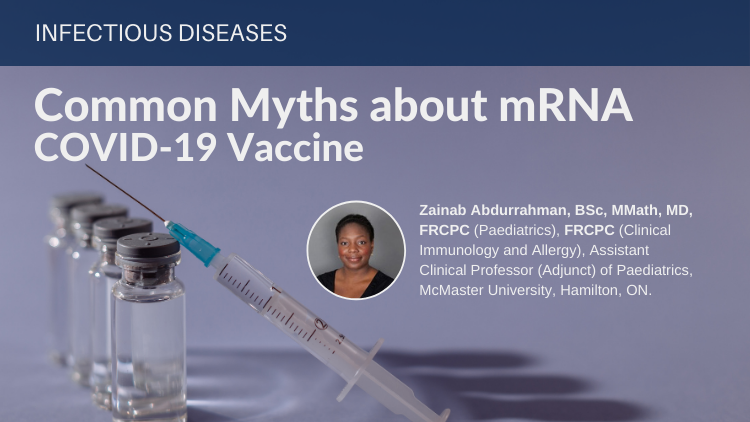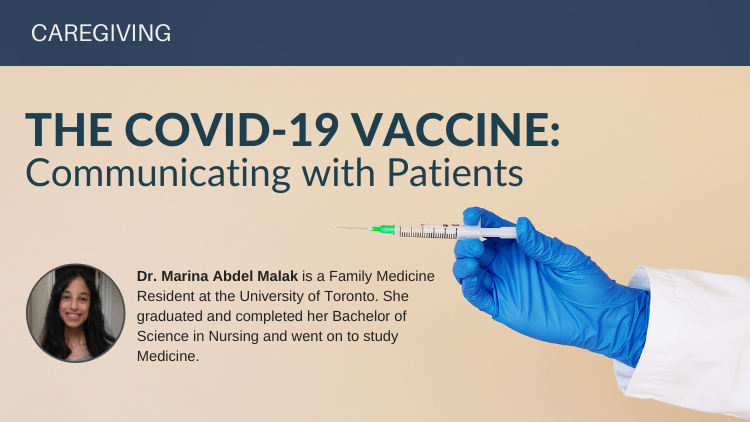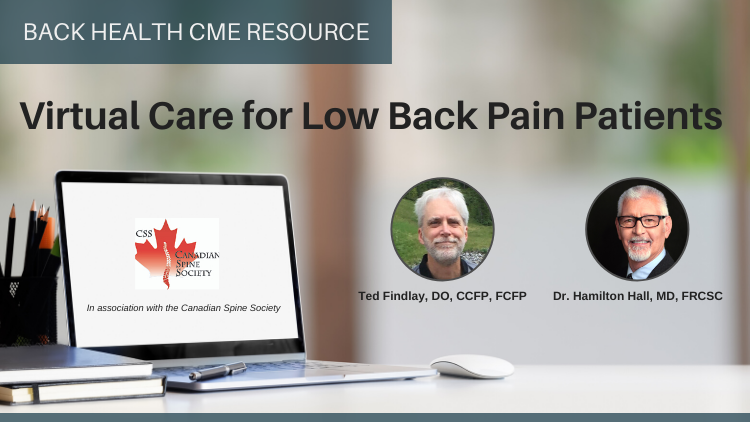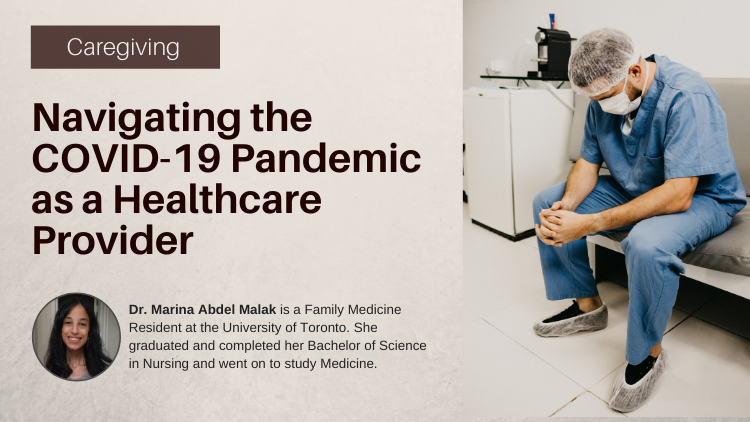is a Family Physician in Mississauga, Ontario. She has served on several committees and groups, including The Primary Care Network and Collaborative Mental Health Network. She has a passion for medical education, patient empowerment, and increasing awareness about the relationship between mental, emotional, and physical health. Dr. Abdel Malak is highly involved in quality improvement initiatives, and her research interests include strategies to support physician wellness, patient self-management, and optimizing physician education.
